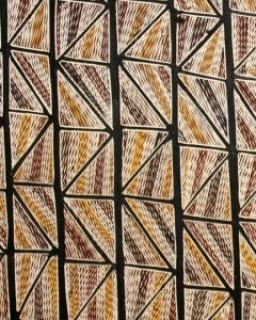
Abstract
CENSUS Paper Income, poverty and inequality
This paper uses data from the 2006, 2011 and 2016 censuses to analyse the distribution of income within the Indigenous population, and between the Indigenous and non-Indigenous populations. Particular attention is given to geographic variation in Indigenous income, poverty and inequality. The findings of this paper show a growing divergence between the incomes of Indigenous people in urban areas and remote areas. Although Indigenous incomes are growing steadily in urban areas, where median disposable equivalised household income rose by $57 per week in real terms between 2011 and 2016, median disposable equivalised household income in very remote areas fell by $12 per week over the same period. Indigenous cash poverty rates in very remote areas rose from 46.9% in 2011 to 53.4% in 2016. During this period, poverty rates in urban areas continued to fall, reaching 24.4% in 2016. Finally, changes in the difference in the incomes of Indigenous and non-Indigenous Australians followed a similar pattern, with income gaps shrinking in urban areas while growing rapidly in very remote areas. Although the increased incomes in urban and regional areas – where the majority of the Indigenous population lives – should be welcomed, this paper highlights a great divergence in the material circumstances of the Indigenous population across Australia. Urgent policy action is required to ameliorate the growing prevalence of poverty among Indigenous people in very remote Australia.
Keywords: income, poverty, income inequality, remoteness,
spatial inequality
File attachments
| Attachment | Size |
|---|---|
| CAEPR_Census_Paper_2.pdf(2.79 MB) | 2.79 MB |